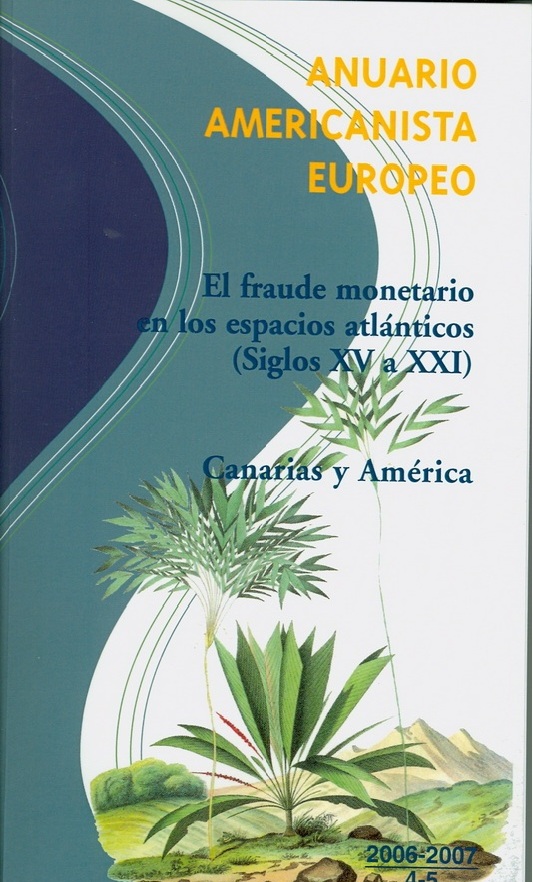Jacques Nicolas Billaud-Varenne, Le Rectiligne : From one side to the other. Between France, Cayenne an Haïti. An Atlantic history (1756-1819)
Jacques Nicolas Billaud-Varenne, Le Rectiligne : D'une rive à l'autre, entre France, Cayenne et Haïti. Une histoire atlantique (1756-1819)
Résumé
Born in La Rochelle, a lawyer like his ancestors, Jacques Nicolas left his native town in 1782. He dreamed of a literary career, and the failure of a play he had performed at the local theatre led him to settle in Paris. Little by little, he made a name for himself, through his writing and his speeches to the Jacobins, as a man committed to the struggle that led to the Republic. A deputy for the Seine at the Convention, he played an increasingly important role in political life, both in the assembly and on missions to Champagne, Bretagne and the north of France. Following the riots of September 1793, he became a member of the Comité de Salut Public, a political thinker with Robespierre and Saint-Just, a theorist of revolutionary government, and a social thinker whose advances in reducing inequality were hailed by Jean Jaurès. Having contributed to the elimination of Danton and the fall of Robespierre, he was exiled to French Guiana in 1795, along with his colleague and friend Collot d'Herbois. He lived as an outlaw until Bonaparte pardoned him, and, a modern-day Cincinnatus, became a planter. He ended his life in Haiti, after an unsuccessful attempt to settle in the United States. Keywords: French Revolution, Jacobins, Convention, Comité de Salut public, Atlantichistory, La Rochelle, Guyane, Haïti
Natif de La Rochelle, avocat comme ses aïeux, Jacques Nicolas quitta sa ville natale en 1782.Il rêvait d’une carrière littéraire et l’échec de la pièce qu’il avait fait jouer au théâtre de sa ville le détermina à s’établir à Paris. Peu à peu, il se fit connaître, par la plume et par ses discours aux Jacobins, comme un homme engagé dans le combat qui conduisit à la République. Député de la Seine, à la Convention, il prit une place de plus en plus importante dans la vie politique tant à l’assemblée qu’au travers de missions en Champagne, en Bretagne, dans le nord. A la suite des émeutes de septembre 1793, proche des sections populaires, il devint membre du Comité de Salut Public et se révéla un acteur essentiel de ce temps, penseur politique avec Robespierre, Saint-Just, théoricien du gouvernement révolutionnaire, penseur social manifestant des avancées concernant la réduction des inégalités saluées par Jean Jaurès. Ayant contribué à la l’élimination de Danton, à la chute de Robespierre, il fut exilé, en 1795, en Guyane, avec son collègue et ami, Collot d’Herbois. Il vécut en proscrit jusqu’à la grâce accordée par Bonaparte, et, moderne Cincinnatus, se fit planteur. Il termina sa vie en Haïti, après une tentative infructueuse d’établissement aux États Unis.
| Origine | Version validée par le jury (STAR) |
|---|

